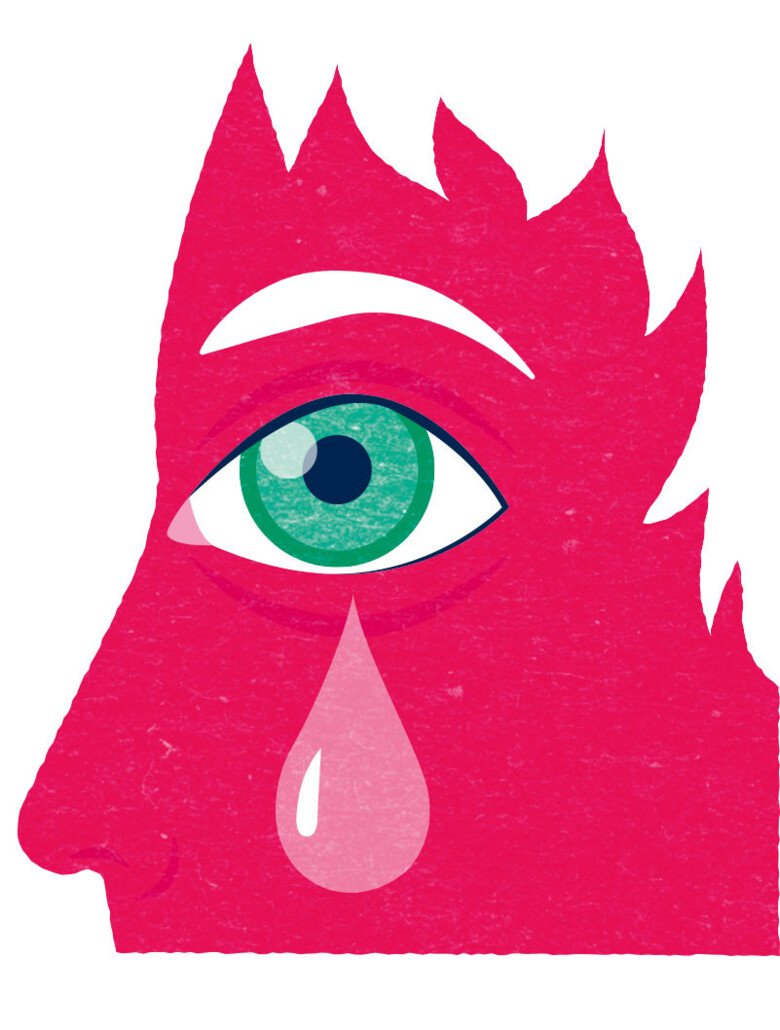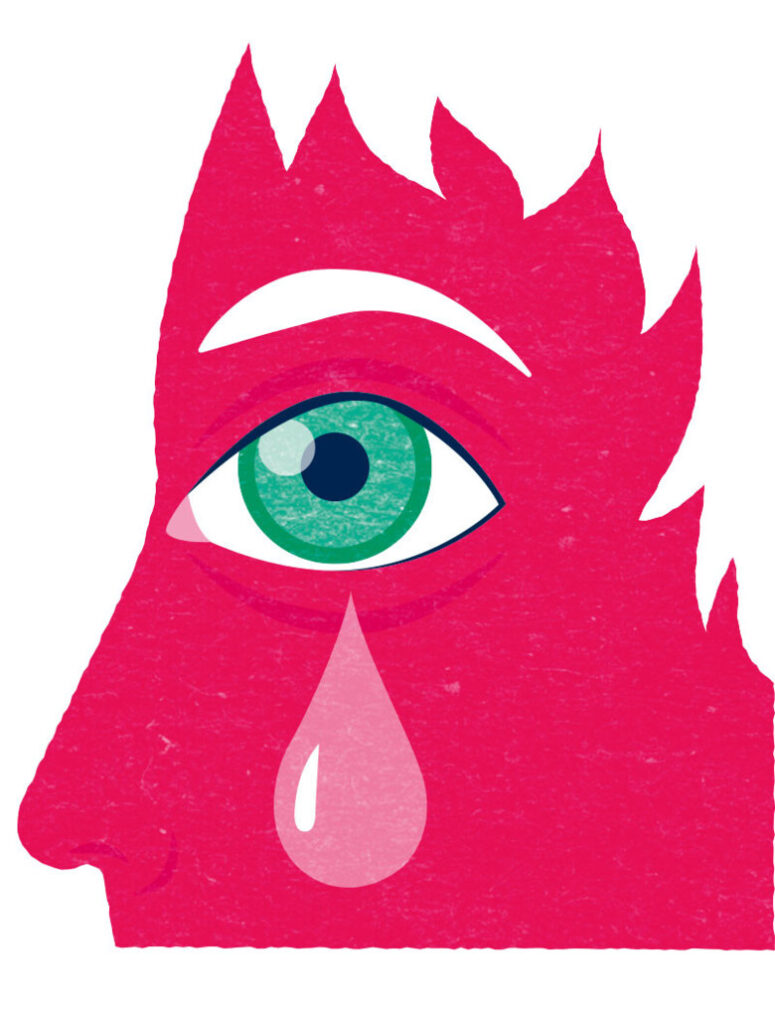Image:

Caption:
Illustration: Jens Magnusson
Text: Ola Danielsson, first published in Swedish in the magazine Medicinsk Vetenskap No 4/2017
Anorexia nervosa is characterised by an inadequate energy intake and a lower body weight, often in combination with excessive exercise and a fear of gaining weight. The diagnosis also includes a disturbed perception of the body with respect to weight or shape. Many feel bad mentally and suffer from anxiety, dejection, or depression.
Bulimia nervosa is characterised by binge eating, in which a person eats abnormal amounts of food for a limited period of time and a feeling of having lost control of their eating. The diagnosis also includes a compensatory behaviour in order to not gain weight, for example vomiting, abuse of laxatives, fasting or excessive exercise.
Binge eating disorder is characterised by recurrent episodes of binge eating, but without compensatory behaviour.
Other specified eating disorders (formerly known as “eating disorder not otherwise specified”) is a collective term for eating disorders that do not meet the criteria for any of the above diagnoses. The suffering in these other eating disorders is usually at least as serious as with anorexia, bulimia or binge eating disorder.
Source: Frisk & Fri: riksföreningen mot ätstörningar, RIKSÄT

